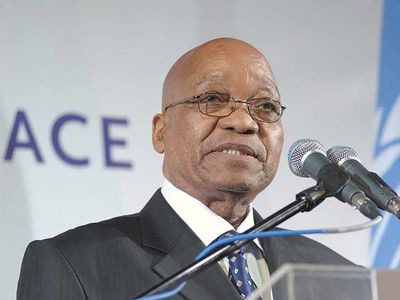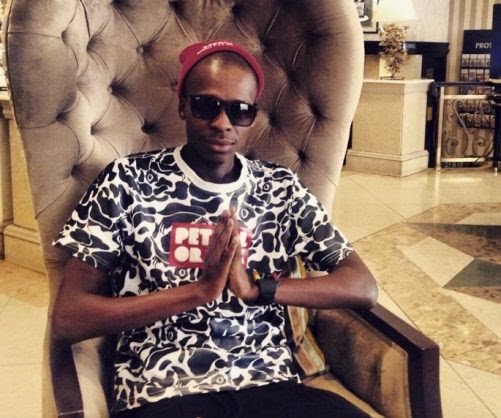In the annals of South African political history, the name Jacob Zuma stands as a lightning rod of controversy. As a nation renowned for its anti-apartheid struggle, South Africa has faced many challenges, but recent years have seen an extraordinary divide emerge, centered around its former president, Jacob Zuma.
Zuma, a former anti-apartheid activist himself, rose to power in 2009 amid high hopes for change and unity. However, his tenure was marred by allegations of corruption, mismanagement, and a disregard for the rule of law. These controversies reached a zenith in 2021 when he was sentenced to prison for contempt of court, a decision that sparked nationwide protests and violence.
Critics argue that Zuma betrayed not only the principles of democracy but also the very ideals of the African National Congress (ANC) and the anti-apartheid struggle. His divisive actions have exacerbated social and economic disparities, causing harm to the nation’s progress.
While opinions on Jacob Zuma are deeply polarized in South Africa, one thing is clear: his legacy as a leader will forever be marked by controversy and questions about his commitment to the ideals that so many fought for during the anti-apartheid movement.





















